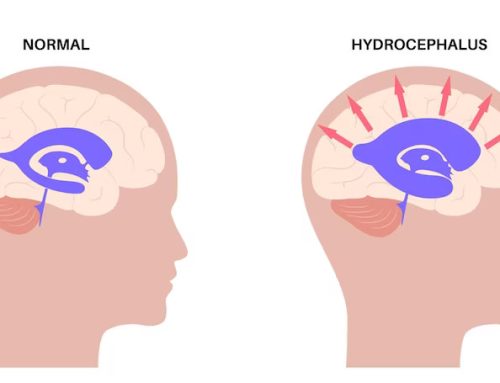Carpal Tunnel Syndrome is caused by pressure on the median nerve. The carpal tunnel, a narrow passageway surrounded by bones and ligaments on your palm side of the hand, causes symptoms that can include numbness, tingling, or weakness in an arm/hand depending on how bad its compression gets to you.
CTS has many possible contributors, including wrist imbalance which leads people to make repetitive motions with their hands without allowing time for decompression i.e health problems like arthritis (which contributes to pain), pregnancy-related swelling of tissue around blood vessels near nerves at bases where they enter bone above thumb joint called “bulb” plus poor posture. At the same time, sleeping sprawls un diagonal across both sides, thus pinching them between surfaces during rest hours.
Symptoms of Carpal Tunnel Syndrome
- Tingling and numbness – You may notice tingly or shocks-like sensations in your fingers, hand, sometimes arm if you hold something like a steering wheel for too long, phone when reading texts on it, newspaper while holding onto its edge as well as sleeping at night time which is why some people shake out their hands after experiencing these symptoms. The constant sensations if doesn’t go away , should be treated by a doctor specialised in carpal tunnel syndrome management. Surgery may be required if symptoms are severe and uncontrollable.
- Weakness – A person may experience weakness in his hand while holding heavy objects because thumb muscles are controlled by median nerve.
- Shock Sensations – The patient may also feel the Occasional shock like sensations in the thumb, index and fingers.
Usually, carpal tunnel syndrome starts slowly, even if there is no injury. Many people find that they have symptoms at first, and then they go away for a while. But if the condition gets worse, the symptoms may come back more often and last longer.
Causes of Carpal Tunnel Syndrome
A combination of factors causes most cases of carpal tunnel syndrome. Studies show that women and older people may be more likely to develop the condition than their male counterparts due to hormonal changes throughout life that affect circulation patterns within your body.
Still, Some of the common causes are –
- Heredity – This is likely an important factor in the development of carpal tunnel syndrome, especially since it can be genetic for some people or there may be anatomic differences that change how much space it is available on one’s hands—family members with these traits are more prone to developing CTS as well.
- Repetitive Hand Usage – Repeating the same hand and wrist motions over and over again can make your wrist sore. It will also put pressure on a nerve in your arm.
- Pregnancy – Hormonal changes during pregnancy can cause swelling.
- Hand & Wrist Position – Long periods with your hand and wrist in extreme positions can make it hard for your nerves.
- Diseases like thyroid and diabetes prone for CTS.
Treatments of Carpal Tunnel Syndrome
Carpal tunnel syndrome can be managed mostly with medications and treatment of its etiology while some may require surgery if symptoms are progressing and uncontrollable with medications. Surgery has many benefits, but there are also risks involved with the procedure. Some people choose this option solely because they want their hands back in with little pain as possible while continuing daily activities just like before treatment.
Don’t Miss : 6 Common Neuro Disorders which you should take seriously
Does carpal tunnel syndrome have a long recovery?
The recovery from surgery to repair carpal tunnel syndrome is not particularly long.It’s a day care surgery under local anaesthesia or mild sedation. The bandage that covers the stitches after surgery can be removed in a few days, and you’re encouraged to make full use of your fingers as soon as possible by flexing them, closing fists or spreading apart slowly while resting against something firm for support if needed. You will find light activities more comfortable than heavy ones initially but after some time you will be back to your routines as normal. Returned work depends heavily upon factors such as the job types held, whether it’s manual labor involved with controlling tools/equipment.
Final Statement from Dr. Shailesh Jain about the CTS
CTS is so common that it can be easily missed with other ailments. But looking clinically and awareness about its causes and symptoms, can be easily diagnosed . Sometimes we may need nerve conduction studies to aid in its diagnosis and staging/ grading of it’s severity. Treatment is simple and non expensive either with medications or surgery which is daycare with very small cut ( open as well as endoscopic). Outcomes and recovery are amazing.






Leave A Comment